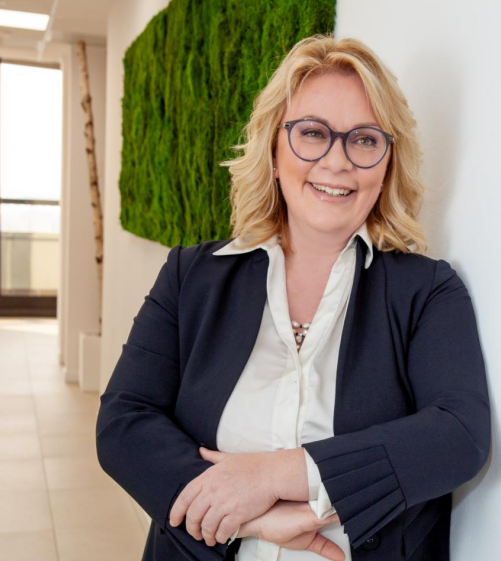Sustainability: A Must-Have. Regulatory Framework and Key Elements of Sustainability
Ada Rosa Balzan
The first step is to delve into the concept of sustainability and understand that it is not solely associated with environmental or “green” aspects. Rather, it must be viewed holistically through the lens of ESG criteria: environmental, social, and governance factors.
Sustainability is an indispensable tool for doing business. It plays a key role in comprehensive risk management analysis and holds increasing significance in the financial context. A sustainable company not only has greater value and enhanced brand reputation but also benefits from better access to the banking system, with more favorable rates and conditions.
The discussion will focus on the current sustainability landscape, examining both regulatory obligations and the market opportunities that have emerged.
From a regulatory standpoint, the presentation will address the new Corporate Sustainability Reporting Directive (CSRD), the Corporate Sustainability Due Diligence Directive (CSDDD), and the specific requirements already included in sustainability reporting. It will conclude with insights into the third directive concerning the accurate communication of sustainability.
In this particular historical context, sustainability is in high demand across both B2B and B2C markets. Today’s consumers are increasingly aware and demanding, which means that communication must be precise and grounded in concrete facts and initiatives that the company has already implemented in this area.
Understanding the evolution of the regulatory context and its associated obligations—especially directives such as the CSRD and CSDDD—is essential not only for companies directly involved but also for those indirectly affected as part of the supply chain for larger groups, which are often less prepared.
It is equally important to highlight the approach companies should take and the advantages of adopting these principles.
The jewelry and fashion industries are not exempt from this movement. On the contrary, there is a strong push for an ethical, fair, and sustainable supply chain, both environmentally and socially, with respect for people at its core.
Bio
